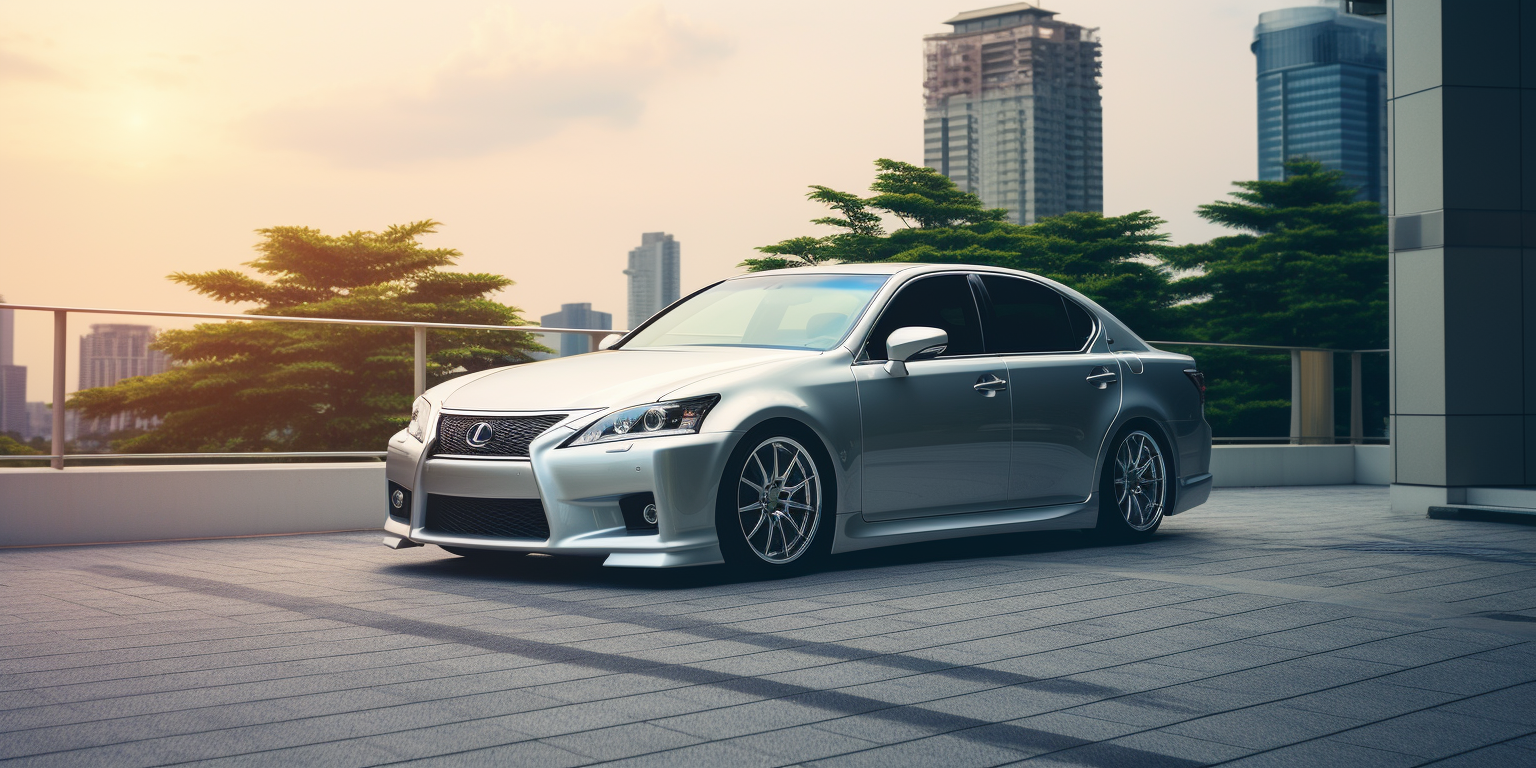Purchasing a new vehicle is a monumental decision that should never be taken lightly. For most people, a vehicle is their second largest investment after their home. Here are 8 important factors to compare before you sign that paperwork.
1: Reputation of the Brand
The general reputation of the brand for being reliable or a notorious money pit should be your first question. Modern vehicles are generally better built than vehicles of the past but can break down after just a few years due to planned obsolescence. Domestic vehicles and Japanese vehicles tend to have the best reputation for durability. European cars and sports cars tend to offer the latest features that haven’t been perfected yet, diminishing reliability.
2: New Generation
Determining whether the vehicle is the first production year of a new model can often save you a lot of headaches. Auto manufacturers spend over a billion dollars to design a new generation model. They will often run the model for several years by tweaking the engineering to address weaknesses and upgrading various trim package options. The first model year of a new generation may be plagued with bugs and engineering quirks that haven’t been worked out quite yet.
3: Cost of Ownership
Before you sign on the dotted line, you should consider the total cost of ownership between viable choices. For electric vehicles, you may have to pay more for batteries and tires. A combustion-powered vehicle will cost you more in oil changes and other mechanical wear parts. Find out how much it will cost to replace the major worn items before you buy, so you can anticipate the financial toll.
4: Cost of Insurance
Some vehicles cost a lot more to insure than others. This can be due to numerous factors. In many cases, it has to do with how often they are stolen or the costs to repair them if they are involved in an accident. Generally, luxury vehicles and certain budget models targeted by organized theft rings will hurt your wallet the most.
5: Lease or Purchase
You should also consider how many miles you expect to put on the vehicle. If you are just looking for an extra car to drive for pleasure, leasing may be a better choice. If you are looking for a commuter or something you hope to modify down the line, purchasing your vehicle outright is the better alternative.
6: Fuel Economy and Size
If you are going to drive your vehicle in the city more, you will probably fare better with an electric vehicle or a hybrid. A compact car will fit in tight parking spaces better and allow you to budget your energy consumption. Combustion engines perform more efficiently at highway speeds.
7: Warranty
Determining how long the drive train and other wear parts of your vehicle are guaranteed to last is a key factor. One of the greatest benefits of buying a new vehicle is the warranty and the peace of mind that it covers the total cost of major repairs.
8: Depreciation
Looking at how well similar models of the automaker maintained their value is critical because it quantifies owner satisfaction. It also will allow you to switch vehicles easily, if your needs change, without taking a big hit on your wallet.



